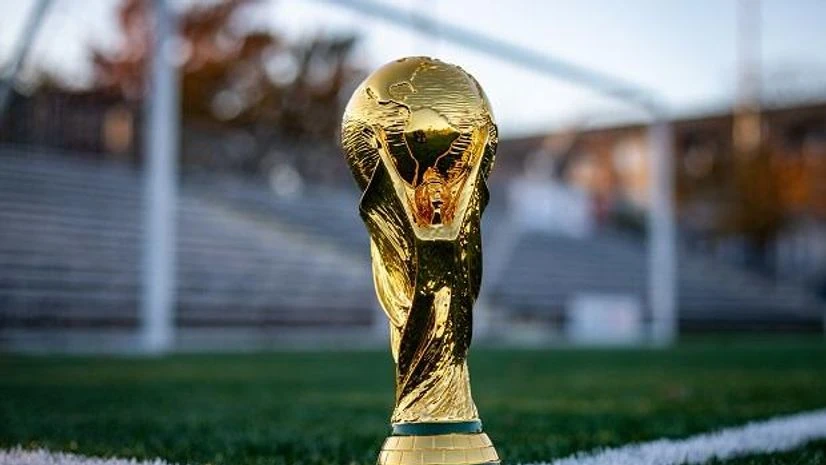FIFA expects to earn $11 billion in the 2026 World Cup cycle with a 48-team men's tournament in North America set to deliver a big increase in revenue amid ongoing uncertainty about the exact match schedule.
The four-year budget, which was presented Friday to the FIFA Council, foresees an almost 50% increase in income mainly tied to broadcasting and sponsorship deals, plus ticketing and hospitality at a tournament which will use several NFL stadiums.
We are bullish about the power of football, FIFA president Gianni Infantino said after the council meeting. We are convinced that the impact of the game will be massive.
FIFA typically makes conservative budget estimates and ends up overshooting its targets. The $7.5 billion revenue announced in Qatar last month for the 2019-22 commercial cycle was $1 billion more than the forecast.
There is also uncertainty about how many games will be played in 2026 and sold to broadcasters at the 48-team World Cup.
Also Read
The FIFA Council agreed in January 2017 to have an 80-game format with teams playing in 16 groups of three ahead of a 32-team knockout round.
The 2022 tournament, which ends Sunday with Argentina playing defending champion France in the final, has 64 matches. The format of eight groups playing their final set of matches simultaneously created high tension with the standings changing late in games.
We at least have to rediscuss the best format, Infantino said, citing the absolutely incredible drama of simultaneous games that would be lost with three-team groups.
The expansion to 48 teams was designed to help accelerate development of soccer in countries which rarely qualify for the World Cup. That was despite FIFA's own research advising that the highest quality games would be delivered by the current 32-team format, which has been in use since 1998 and is balanced with two teams advancing from each group to the round of 16.
However, more than five years after the 2026 format was decided, FIFA officials this year suggested a 104-game format with teams playing in 12 groups of four before a 32-team knockout stage. In that instance, some third-place teams would not know for several days if they have advanced or been eliminated.
A 104-game format would likely add several days to the previously expected 32-day tournament, which will be played in 16 North American cities: 11 in the United States, three in Mexico and two in Canada.
FIFA is weighing changes despite already signing some major broadcasting deals, including with American English-language broadcaster Fox and Qatar's beIN Sports for the Middle East and North Africa.
(Only the headline and picture of this report may have been reworked by the Business Standard staff; the rest of the content is auto-generated from a syndicated feed.)

)
